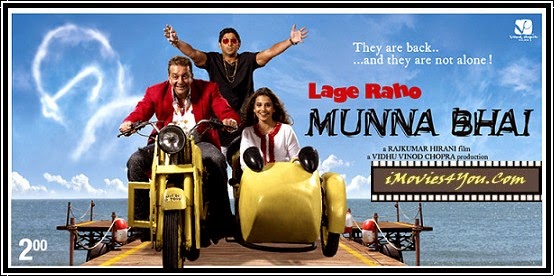Complications by Atul Gawande– a book suggestion
One Good news and one Bad news.
The good news is, no movie review this week, at least some
respite from me!
Nonetheless, the bad news is, I am writing this book- recommendation:
you need to at least make an attempt to read this.
I don’t intend to write a review about this book
(intimidated by the writing!), rather I would like to share my views.
Complications – Notes
from the life of a young surgeon by Atul
Gawande.
Atul Gawande was born to a Maharatrian doctor couple,
settled in USA; he was born in Brooklyn, NY and grew up in Athens, Ohio. He is
a Harvard Medical school graduate; completed his DPH and worked as an advisor
to Clinton’s government for a while. Currently practices Endocrine and General
Surgery at Brigham and Women’s Hospital.
He writes regularly for “The New Yorker”.
This was his first book, wrote during his surgical training
– as the title says- notes from the life of a young surgeon. He released his
fourth book “Being Mortal: Medicine and
What Matters in the End” recently.
He divides the book- Complications, into three parts Fallibility, Mysteries and Uncertainties: self-explanatory. He has
captured the true events with ardent observation and written in an engaging
manner.
Fallibility: In this heading, he
discusses about how prone we are, to make wrong decisions or not so right decisions.
And he argues, this can happen to any doctor, not only to bad ones. After all,
doctors also humans. The first part focuses on training the junior doctors on
real patients and the dilemma associated with that – are we compromising on the
best possible care to the patients? In the second part he narrates a true incident,
how one good doctor turned into a bad one over the period of time and analyses
based on that.
Mysteries: Wisdom
makes us to understand, what we know is very little; that applies to even
modern medicine practiced today. This part fascinatingly takes us through a few
mysterious cases beyond medical science.
Uncertainties: He
explores the uncertain decisions we are forced to take based on available
limited evidences, during treatment.
There are two types of authors. One who creates big
controversy by writing a book to get easy recognition: quick popularity,
stardom and of course monitory benefits. The other one who writes for his or
her satisfaction and to make change in the community- for a better future. It
looks to me, this book’s author, Atul Gawande belongs to the second category.
While reading Atul’s book you realize about the good human behind the writings.
There are not many good doctor-writers or medical writings
available. Unfortunately most of them are pleased with only prescription
writings and write too many to become jaded in life.
According to me a good author should be brutally honest to
himself, not afraid to self-evaluate and a good self-critic. I could envisage
these qualities in Atul’s writings without any doubt when I read the book.
And above all, for an interesting read, the narration must
be good, particularly when the writing is entirely based on true events. He
writes simple prose, at the same time it keeps you engrossed like a thriller movie:
comes up with beautiful intriguing accounts of patients he treated. From those
events, he analyses diligently in depth and proposes practical solutions
whenever possible.
In our medical curriculum one important aspect is completely
neglected, how to become a better human being? A vital quality every doctor
must possess. It is left to us, to search and find it out. There are no CME
credit points for that! These kind of writings would help us to explore that
territory.
It’s important to make common man aware of what goes inside
doctor’s mind while treating patients.
Frequently we face questions like this from patients or
relatives:
“why can’t you fix up this doctor; how many days it will
take; why he’s not improving; can you guarantee improvement- while we explain
some intervention”
The honest answer is we don’t know.
Families may have unrealistic expectations from Doctors.
It is our duty to put across these true honest uncertainties
to patients and relatives, with the help of writings like this. No doctor wants
to do bad for the patients, not even the money minded one. No one would be able
to take perfect decision all the time. If someone is worried about bad or not
so good decisions then one should stop taking decisions. The kind of mental
struggle doctors go through to save a life; and the satisfaction when they
succeed – difficult for a common man to understand.
You should be supremely confident, to accept your own mistakes-
wrong decisions. Our author has gone one step ahead and written those things in
a public forum – The New Yorker. Apart from confidence, braveness and the
desire to take risks for the betterment of common public by improving the
standard of medical practice are conspicuously palpable in this book.
I would strongly recommend you to read this book and gift it
to your close ones; who else is closer than the patients for a doctor!
Available in all formats: Hard copy, EBook and Audio book.
Cheers!
12-10-14,
10:30 am.

.jpg)
.jpg)



Comments
Post a Comment